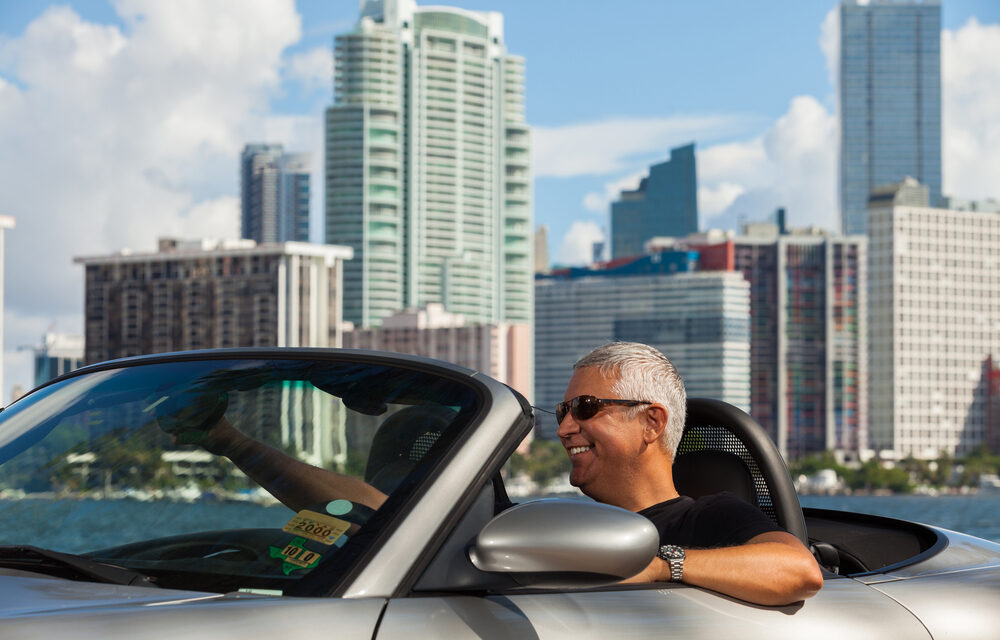Miami’s tourism industry is one of the most competitive in the world, with thousands of hotels, restaurants, and attractions vying for visitors’ attention and dollars. To succeed in this crowded market, businesses must stay ahead of the competition by continually innovating, adapting to changing customer preferences, and delivering exceptional service and experiences.
One key to staying ahead of the competition in Miami’s tourism industry is to invest in marketing and advertising. With so many businesses competing for attention, it’s critical to have a strong brand and a compelling marketing message that resonates with potential customers. This may involve developing targeted advertising campaigns, creating engaging content for social media and other digital channels, and partnering with other businesses and organizations to cross-promote your brand and offerings.
Another important element of staying ahead of the competition is to stay abreast of industry trends and best practices. This may involve attending industry conferences and events, following industry publications and news sources, and networking with other industry professionals to share insights and ideas. By staying up-to-date on the latest trends and strategies, businesses can ensure that they are delivering the most innovative and relevant experiences to their customers.
In addition to investing in marketing and staying current on industry trends, it’s important to constantly innovate and improve your offerings. This may involve investing in new technologies, developing new products and services, and continually evaluating and improving your customer service and experience. By continually pushing the boundaries of what’s possible and striving for excellence in everything you do, you can stand out from the competition and attract loyal customers who will return again and again.
Finally, it’s important to prioritize sustainability and responsible tourism practices. With increasing awareness of the impact of tourism on the environment and local communities, businesses that prioritize sustainability and responsible tourism practices can differentiate themselves from the competition and appeal to customers who are looking for more socially and environmentally responsible options. This may involve implementing green initiatives such as reducing waste and energy consumption, supporting local businesses and communities, and promoting responsible travel practices.
In conclusion, staying ahead of the competition in Miami’s tourism industry requires a commitment to innovation, excellence, and responsible practices. By investing in marketing and advertising, staying current on industry trends, continually innovating and improving your offerings, and prioritizing sustainability and responsible tourism practices, businesses can differentiate themselves from the competition and attract loyal customers who will help drive long-term success and growth.



